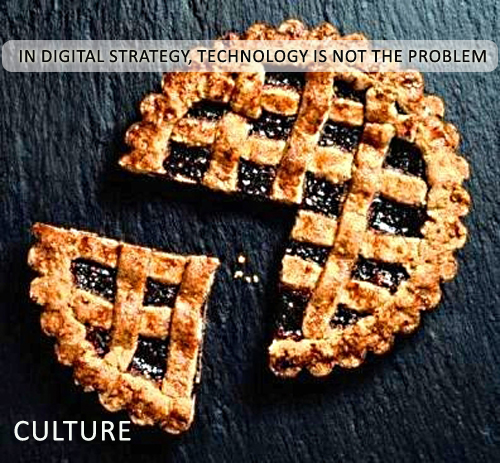
I wasn’t the best history student but I do know that we’ve had these periods in our history where there were just huge shifts and advancements in the way things were done. We had The Stone Age, The Bronze age, etc. etc., Each bigger and better than their predecessor; and then there was The Age of Enlightenment which was pretty cool since it was a movement of intellectuals in 18th century Europe who were all about trying to reform society and advance knowledge. Kind of an ongoing and consistent theme even up to now don’t you think?
But you know what though? You know what has been consistent throughout all of these “Ages”? They all ended. Everyone moved on, everyone advanced.
Let’s fast forward to the year 2000. That’s when the Dot-Com Age came to an end. And now lets fast forward 11 years later to the “Age of Digital Enamorment”. Or is it the social media bubble? Depends on who you talk to, right? Simply put, we are in a period of time (which will end) that has us so completely fixated on all things digital, all things communications related, all things portable, and all things computer powered, and cloud driven etc.,etc.,, that seeing a 6 year old with a tablet raises nary an eyebrow.
Most will openly admit that they they’re not sure what they would do without a computer, a laptop, a tablet, a cell phone, Facebook or Twitter-They would be helpless and sadly I might be one of them, though it is my job, so maybe that is a slight pass. For others it has, this age of “Digital Enamorment”, weaved it’s way into the fabric of our daily lives, our private lives, out passions, our relationships, our problems, our past and our future so pervasively, that we really don’t know how we could live without them. I saw this term used in a post I had read recently that pretty much sums it up nicely, it’s called Pervasive Connectivity.
Perhaps a better way of looking at is that we live in the age of “Always On“.
And yet, we want more. We want it smaller and we demand it faster. In fact manufacturers and platform providers can’t work any faster in trying to roll out V2, V3, V4 and so on and so forth of their products and services. We will reach a maturation point that is preceded by a saturation point.
Still the question remains though-What will move us from the Age of Digital Enamorment?
We can point to a few things looming on the horizon, but the fact of the matter is, we are in a world that is still moving at light speed towards all digital, all web based, all mobile in nature, all social, and going global in desire and reach. The next movement won’t be us getting away from digital, no there’s going to be a point where we reach a level of intimacy with digital. I already see it happening. It’s that maturation after saturation.
Look no further than calling it the age of “Digital Intimacy”.
We’ll move here because we will have become so accustomed to our devices and our digital lives that we will desire a level of intimacy with these products and platforms that pushes us towards more of a return to the age of the conversation, the age of the relationship and an age of reclaiming our privacy.
Face to Face relationships will be the new black.







